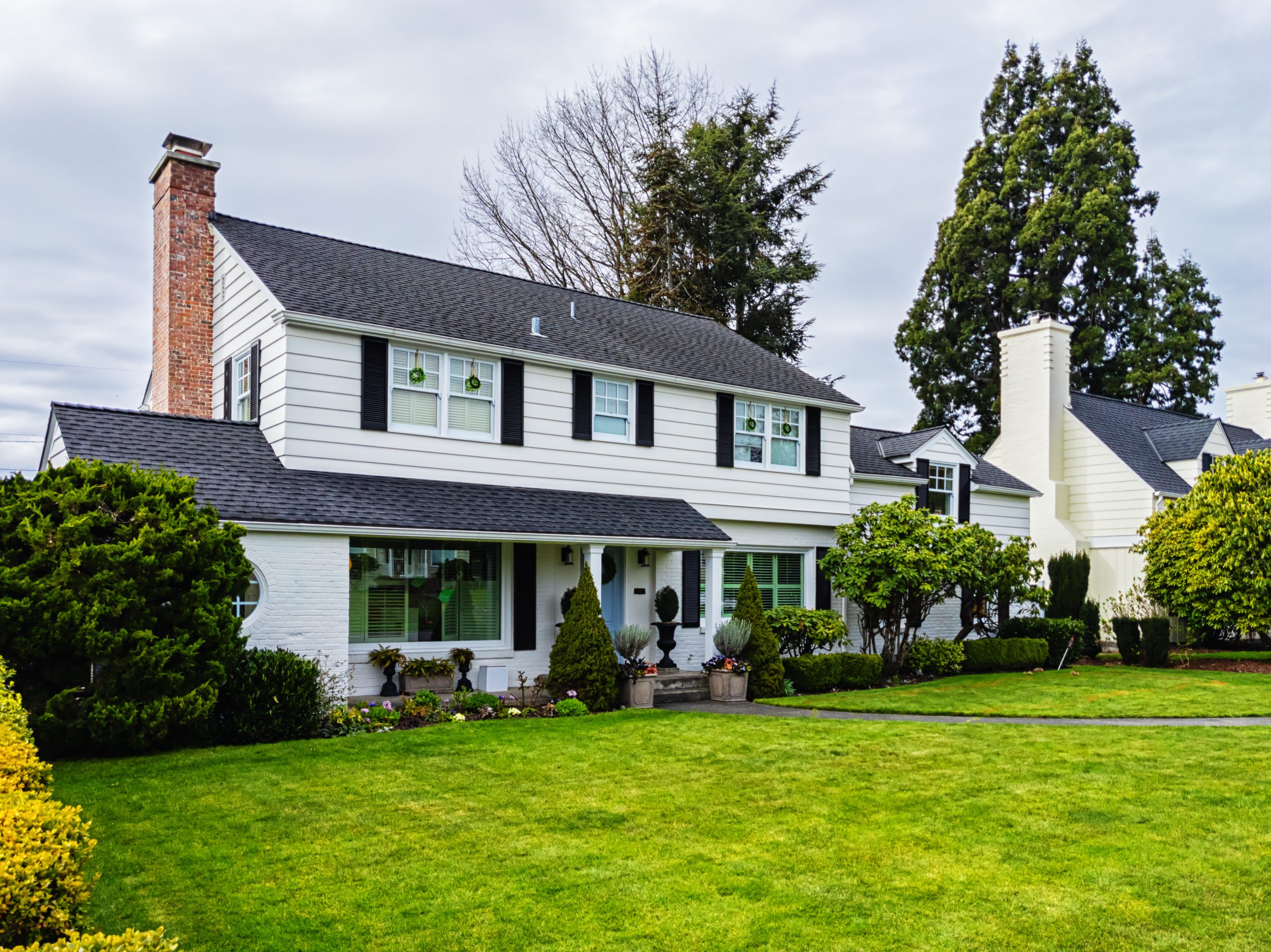
Assessing the benefits of an extensive home remodel against selling your property is a task many homeowners undertake before they decide it’s time to move on.
Selling your home is rarely an easy decision. Our homes hold family memories, and that makes it tough to leave. It’s also likely to be your most significant financial asset, and you want to be confident you can maximize its value.
The process of selling also isn’t cheap with commissions, legal fees and taxes. But the alternatives are to tolerate your home in its current condition – not a great option – or talk to an architect and contractor about giving your home a makeover.
That’s also a considerable expense. Costs can run into hundreds of thousands of dollars, and there’s never a guarantee the work will finish on time and budget. If you think selling is stressful, you should try a large-scale remodeling project!
So, which way should you jump?
This is a personal decision, or a collective choice between you, your partner and family.
There are many advantages to selling. A new home will feel like a fresh start, and you should be able to find a property that’s genuinely superior and enhances your lifestyle.
Remodeling, by contrast, can dislocate your life for months on end. No matter how hard contractors might try, they bring chaos. That pain can be worth it if you love your location, the local amenities such as schools are excellent, and you have friends in the neighborhood.
As an experienced local real estate agent, I work with many homeowners who are stuck on the fence between selling and renovating. My advice is always based primarily on their circumstances and aspirations. Below are some tips to help you think through your situation.
- Structural issues – There’s a solution to pretty much every problem, but a continually leaking roof, creaking joists, or a tired kitchen from the 80s, can get to you after a while. These are usually a sign that the structural elements of your home are deteriorating and you need to act. If you remodel a home with structural defects, you’re likely to need to move out while the work is done.
- Money in the bank – You can afford to decide whether you want to pour your hard-earned cash into your existing home, or climb the property ladder and find a superior property. You need to decide which will be a better asset for your wealth long term.
- You intend to stick around – You can always find a new home in the neighborhood. However, if you favor a renovation, be aware that upgrades offer the best payback when you sell within a year or so of the work being completed. Your new kitchen doesn’t stay new forever.
- Big squeeze – Your current home is getting too small. You’ve got the option of building an extension, but that means you’ll have to battle the planning process as well as the stress of selecting an architect and contractors. A new home might be a simpler option here.
- Living in the 70s – Many owners who take the upgrade path want to modernize their home. They’re fed up with the rabbit-warren design of small, disconnected rooms and yearn for open-plan living, plus a new kitchen and bathroom. Making such fundamental changes are expensive, and it is worth checking out the prices of more modern homes nearby before going ahead with a renovation.
- No flow – Older homes were not designed for the modern lifestyles we enjoy. Today, you want a home that is simple to navigate and where all the rooms make sense in terms of function, position and size.
- Dead space – Poor design can result in some rooms being ignored, either because of their size or their position relative to the main living areas. Real estate is not cheap, so this is very wasteful. If fixing the problem is difficult, finding a new, better-designed property to move straight into will pay off for you financially in the medium to long-term.
If you’re trying to solve this puzzle, I’d be delighted to help you work through your options. We can go through your current home together and identify the types of work that you might need done, what buyers are looking for these days and how much your current home is likely to be worth – both before and after any remodelling.
